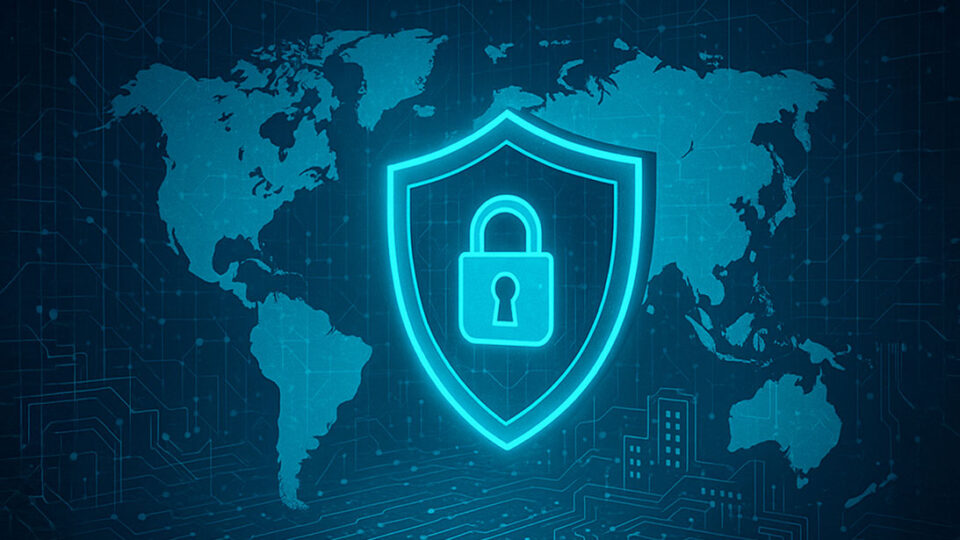Why Cyber Resilience Matters Now More Than Ever in Pakistan
In today’s hyper-connected world, cyber resilience is not just a buzzword — it’s a national necessity. Surprisingly, the question of why cyber resilience is pivotal often doesn’t get the attention it deserves. As Pakistan continues its digital transformation, understanding and enhancing our cyber defenses is critical for protecting everything from banking systems to emergency services.
Sponsored by Advergic.com
Pakistan’s Rising Cyber Defense Profile
Pakistan’s Tier 1 ranking on the Global Cybersecurity Index (GCI) 2024 is a major achievement. This ranking, based on five core pillars, reflects our country’s strong preparedness and commitment to addressing cyber threats.
Just three years ago, in 2021, Pakistan was ranked 79 out of 182 countries. So, what led to this remarkable improvement?
The answer lies in building cyber resilience — the ability to prepare for, respond to, and recover from cyber threats and incidents.
The Growing Dependence on ICT Infrastructure
Pakistan, like most modern economies, is increasingly reliant on its Information and Communications Technology (ICT) infrastructure. From financial systems and healthcare networks to transport and emergency services, ICT forms the backbone of national operations.
Cyberattacks targeting this infrastructure can cause devastating disruptions — not just financial losses, but also the breakdown of critical services. This is why cyber resilience is no longer optional; it’s essential for national security and economic stability.
ALSO READ: Pakistan’s Digital Economy Expected to Grow by 30% in 2025
Understanding the Anatomy of a Cyber Attack
To defend against cyber threats, businesses must understand how attacks unfold. From initial infiltration to data exfiltration, each step of a cyberattack can be detected and neutralized — but only if cybersecurity teams have the right tools and training.
Unfortunately, many businesses face challenges such as:
-
Limited cybersecurity budgets
-
Lack of skilled professionals
-
Inadequate awareness of advanced threats
As a result, more businesses are turning to Managed Security Service Providers (MSSPs) to ensure their digital safety.
Wateen: A Trusted Partner in Cyber Resilience
One of Pakistan’s most prominent ICT companies, Wateen, plays a critical role in defending the country’s digital frontlines. Through its Managed Cyber Security solutions, Wateen helps organizations shift from reactive responses to proactive cyber strategies.
Key solutions offered by Wateen include:
-
Extended Detection & Response (EDR/XDR)
-
Managed Detection & Response (MDR)
-
Security Information & Event Management (SIEM)
-
Security Orchestration, Automation, & Response (SOAR)
-
Offensive Security Assessments
These services align with the globally recognized NIST cybersecurity framework: Identify, Protect, Detect, Respond, and Recover.
With a strong focus on data sovereignty, localized infrastructure, and a team of certified experts, Wateen stands out as a reliable partner for businesses across sectors — including banking, telecom, healthcare, and government.
Cyber Resilience: A National and Business Imperative
The surge in cyber threats targeting Pakistan signals an urgent need for cybersecurity awareness and readiness. Cyber resilience should now be a core business strategy, not just an IT concern.
To build robust cyber defenses, organizations must:
-
Conduct regular audits and penetration testing
-
Train employees to recognize and respond to cyber threats
-
Invest in modern cybersecurity tools and partnerships
-
Encourage a cyber-aware leadership culture
Public-private cooperation is also key. A collaborative cybersecurity ecosystem, where information sharing and joint response mechanisms are normalized, is vital for national protection.
Final Thoughts
Pakistan has made great strides in improving its global cybersecurity standing. But the work doesn’t stop here. By prioritizing cyber resilience and working with trusted providers like Wateen, Pakistan can lead the region in cybersecurity innovation and protection.
Cyber resilience is no longer a luxury — it’s the foundation of our digital and economic future.

